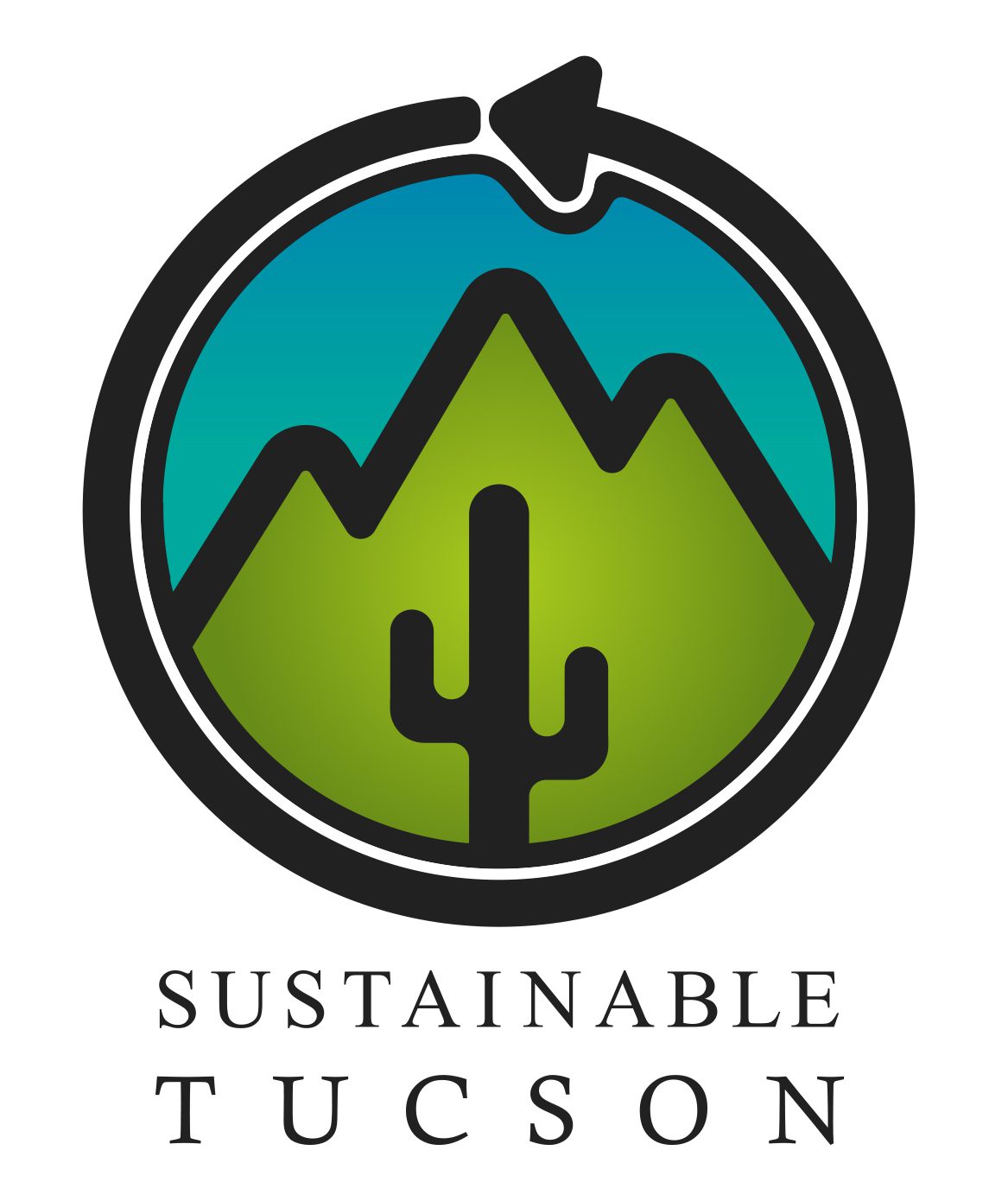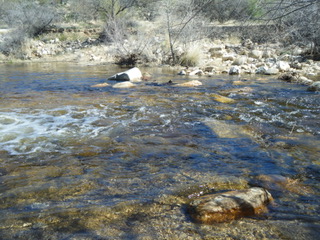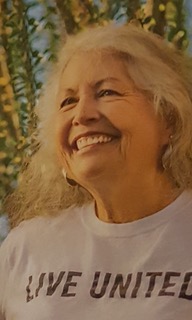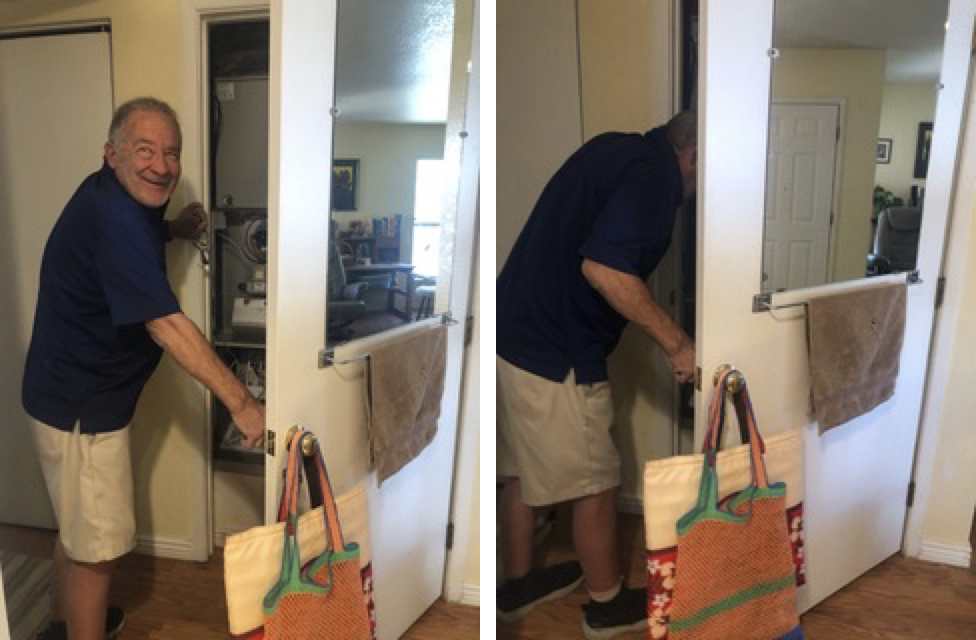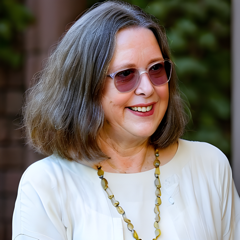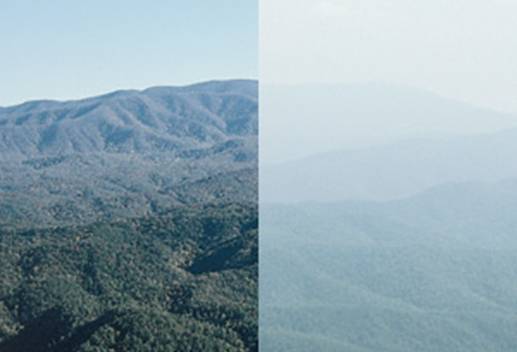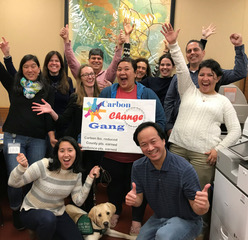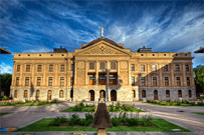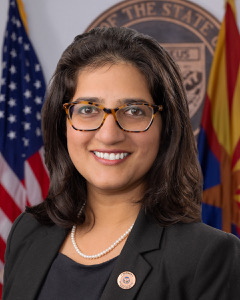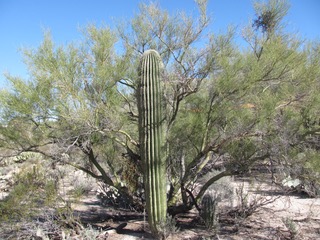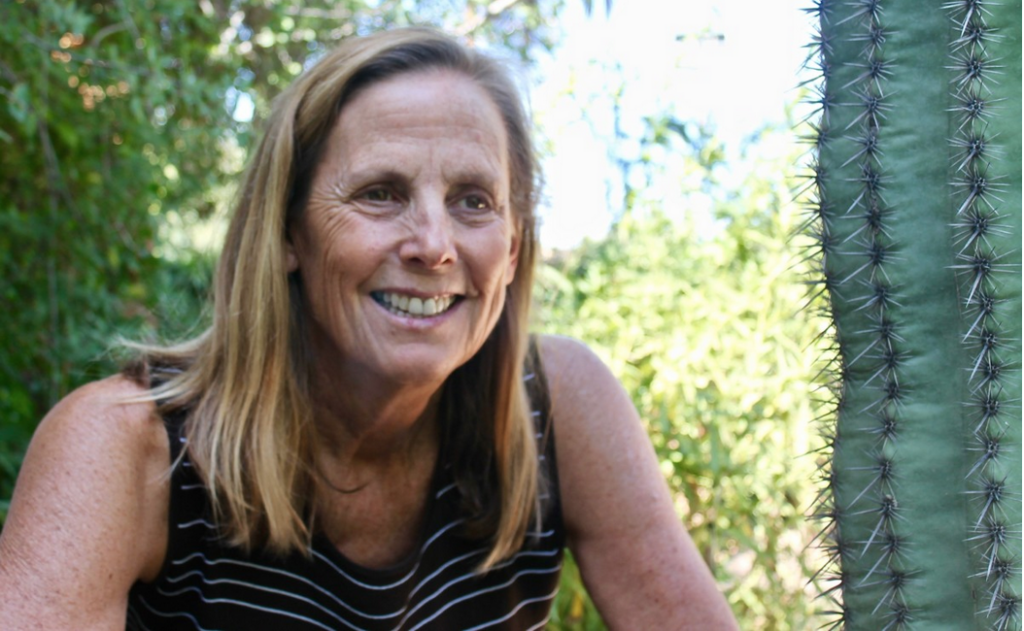What you need to know before the vote

Tuesday, March 11 @ 6:00
Youtube <https://youtu.be/F4zjDlgbQ7o/zt3JqfFU63I>
2025 is the year for TEP to renew its franchise agreement with Tucson.
According to Joe Salkowski, Senior Director, Communications and Public Affairs at TEP, the franchise agreement “isn’t a contract to provide service in the city; it just sets terms for [TEP’s] use of public rights-of-way within city limits. We’d like a new agreement, since those terms make our operations easier and less costly for customers.”
The agreement, of course, will be negotiated in the context of a swiftly warming planet. With energy requirements climbing in the summertime as demands on air-cooling increase, and with energy uses increasing year-round to power more online servers, does TEP’s current business model chart the best possible path to a sustainable future?
Are there alternatives to that model that could soften the global-warming impacts of energy production in southern Arizona? Developing the upcoming Franchise Agreement is an opportunity to consider these questions and fine-tune our models for the benefit of all.
Our speakers on March 11 will address the prospects for a strong partnership between the community and TEP. Strategic investments can increase resilience and sustainability in our city. Renewing the franchise agreement is an opportunity to align on those objectives. In this dialogue, we hope to shed light on the potential of franchise agreements to build stronger, sustainable partnerships.
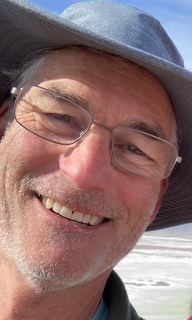
Ron Proctor is a legally documented seasonal migrant moving between Tucson and Maine. He is a sustainability practitioner tempered by local positions he has held, including Mountain/1st Ave Neighborhood Association President, founding member of Lend A Hand Senior Outreach, recipient of a Master’s Degree in Architecture from the U of A, Core team member of Sustainable Tucson, past lead of Tucson’s Citizen’s Climate Lobby, member of Greater Tucson Climate Coalition, and past Co-Chair of the City of Tucson’s Climate Change Committee during the Rothschild Administration.
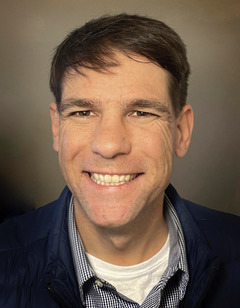
Garrett Weaver is a lifelong resident of Southern Arizona and Tucson. He works as an engineer and also volunteers his time for Citizens’ Climate Lobby of Greater Tucson and serves on the Tucson Commission on Climate, Energy, and Sustainability. He holds a Master’s degree in systems engineering from the University of Arizona.
| Garrett works towards sustainability solutions in Arizona by increasing public participation in government, advocating for policies to increase renewable energy production and eliminate greenhouse gas emissions. He believes voting is very important, and that a strong democracy depends on an informed electorate. |
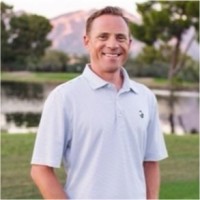
As Director of Public Affairs for Tucson Electric Power, Steven Eddy represents and advances company and utility policies through relations with government agencies, trade associations, and community stakeholders.
A native Tucsonan and University of Arizona graduate, Eddy has been with TEP for 13 years. Prior
to that, he held positions in land use planning, real estate development and economic development. Eddy is active in the Tucson Conquistadores and the Centurions. He also serves as chairman of the District Four Board of Adjustments.
An avid outdoor enthusiast, Eddy believes that young people who enjoy nature will appreciate that Tucson is “a bicyclist paradise that offers two of the most treasured assets in America for cyclists, runners and hikers: Mount Lemmon and The Loop.” The environmentally aware will appreciate, he adds, that TEP is at the center of clean energy transformation.
